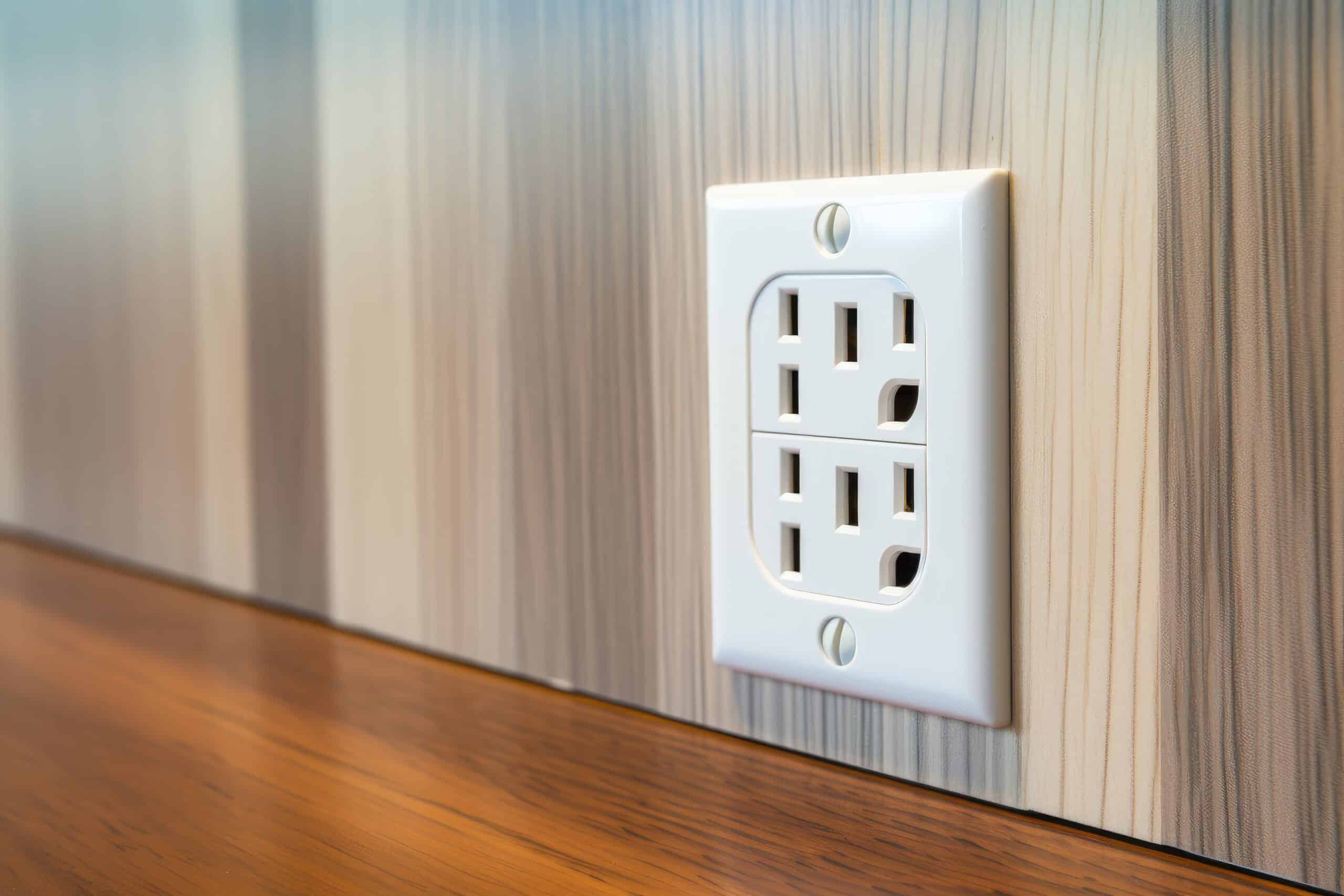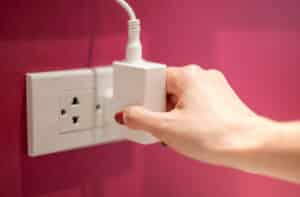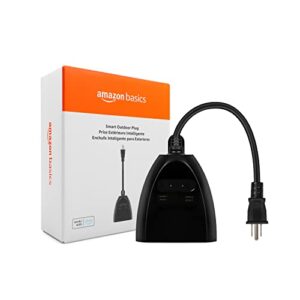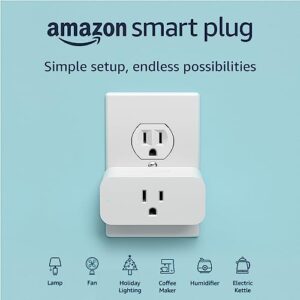Do Smart Plugs Save Energy?
Key Takeaways
- Smart plugs can help save energy and lower electricity bills by giving users better control over their energy usage and enabling them to monitor and manage appliances more effectively.
- Smart plugs allow users to track energy usage in real-time, remotely control appliances, and set up schedules or timers to optimize energy usage.
- Focusing on energy-intensive appliances when connecting them to smart plugs can yield noticeable energy and cost savings, while smaller devices with already low power consumption may not result in significant energy savings.
Smart plugs have gained popularity in recent years for their ability to make our homes more efficient and convenient. But do they really save energy? Let’s delve into this question and explore the benefits of using smart plugs to reduce energy consumption in our households.
The Role of Smart Plugs in Energy Savings
According to multiple sources, including Digital Trends and TechRadar, the answer is a resounding yes. Smart plugs can indeed help save energy and lower electricity bills. They achieve this by giving users better control over their energy usage and enabling them to monitor and manage appliances more effectively.
Monitoring and Control
One of the key features of smart plugs is their ability to track energy usage. They can provide real-time information on how much energy connected devices are consuming and the associated costs. This data empowers users to make informed decisions about their energy consumption and identify potential areas of waste.
Additionally, smart plugs allow users to remotely control their appliances. With just a tap on their smartphone, users can turn off devices that are not in use, eliminating standby power consumption. This feature proves especially valuable in preventing unnecessary energy usage and reducing electricity bills.
Scheduling and Automation
Another way smart plugs contribute to energy savings is through scheduling and automation capabilities. By setting up schedules or timers, users can ensure that appliances are only turned on when needed and are switched off automatically when not in use. This eliminates the risk of accidentally leaving devices on and further reduces energy wastage.
Moreover, smart plugs can be integrated with other smart home automation systems, allowing for even greater optimization of energy usage. For example, they can be programmed to take advantage of off-peak energy times, when electricity rates are typically lower. This integration enhances efficiency and helps users save even more on their electricity bills.
Choosing Devices Wisely
While the consensus is that smart plugs can save energy, it’s important to note that their impact may vary depending on the devices connected to them. According to Digital Trends, connecting smaller devices with already low power consumption to smart plugs may not result in significant energy savings.
However, TechRadar suggests focusing on devices that consume a significant amount of electricity, such as dehumidifiers and air conditioners. By using smart plugs to control these energy-intensive devices, users can see noticeable energy and cost savings.
The Energy Efficiency of Smart Plugs
Not only do smart plugs help save energy, but they are also energy-efficient devices themselves. CNET highlights that smart plugs consume a negligible amount of energy, typically using at most one or two watts of electricity. Over the course of a year, the additional energy cost of a smart plug is estimated to be less than two dollars.
Conclusion
In conclusion, smart plugs are an effective tool for reducing energy consumption and saving on electricity bills. Their ability to monitor and control appliances, along with features like scheduling and automation, empowers users to make smarter choices about their energy usage. While their impact may vary depending on the devices connected to them, focusing on energy-intensive appliances can yield noticeable savings.
Related Websites:
FAQs:
Q: What is a smart plug and how does it work?
A smart plug is a device that can be plugged into a standard electrical outlet and allows you to control and monitor connected devices remotely. It works by connecting to your home’s Wi-Fi network and can be controlled through a smartphone app or voice assistant. You can turn devices on or off, schedule their operation, and even monitor energy consumption.
Q: How can smart plugs help save energy?
While smart plugs themselves do not directly save energy, they enable users to make more informed decisions about their energy consumption. By monitoring and controlling the usage of devices, users can potentially reduce wasted energy and save on their utility bills. Smart plugs also provide detailed power usage reports, helping users identify wasteful habits and optimize energy consumption.
Q: What are the benefits of scheduling devices with smart plugs?
Scheduling devices with smart plugs offers several benefits. You can program devices to turn on and off automatically, ensuring they operate only when needed. This helps in conserving energy and reducing unnecessary usage. Additionally, scheduling devices can contribute to a more convenient and efficient lifestyle by automating tasks and creating personalized routines.
Q: Can smart plugs be used with all devices and appliances?
Smart plugs are compatible with a wide range of devices and appliances. However, it’s important to note that some devices with continuous power requirements may not be suitable for smart plugs. Examples include refrigerators, certain medical equipment, and devices that require an uninterrupted power source. It’s recommended to check the compatibility of your devices before using them with smart plugs.
Q: How do smart plugs contribute to energy conservation?
Smart plugs contribute to energy conservation by increasing awareness and control over energy usage. They allow users to monitor energy consumption, identify energy-hungry devices, and make more efficient choices. By reducing wasted energy and optimizing consumption, smart plugs can help conserve energy and promote a more sustainable lifestyle.






